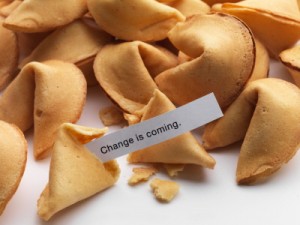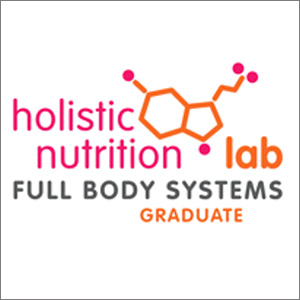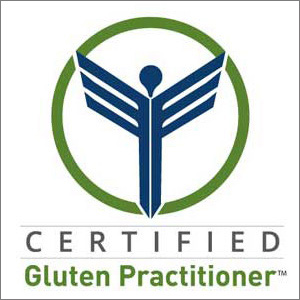 If you’re wondering what your brain has to do with your health, the answer is everything.
If you’re wondering what your brain has to do with your health, the answer is everything.
That’s because what you eat has a profound impact on your brain.
Period.
There’s no getting around it, and the outcome isn’t always positive. But’s that’s just how it is.
For example, a common complaint among people with Celiac Disease or food sensitivities is something we refer to as “Brain Fog”.
Brain Fog is when your mind feels sluggish and you can’t think clearly.
You literally feel like you’re in a fog, with a heavy cloud hanging over your head – just waiting for the skies to lift.
(This is a great example of what happens when you eat foods you are sensitive to, especially when your body can’t handle it).
Those who’ve never experienced Brain Fog sometimes have a hard time understanding what it feels like, but trust me – it’s very real.
The obvious solution is of, course, to stay away from those foods you are sensitive, or allergic to.
And by all means – stay away from gluten!
Here’s the funny thing, though. There’s a bit of a “catch-22” going on with your brain.
On the one hand, it lets you know when you’ve eaten the wrong foods. On the other hand, it also gets pretty upset when deprived of those very same foods – what I refer to as the “emotional crush” of giving up foods you love.
So, based on a few basic facts, here’s a rough translation of what is likely going on in your brain – post diagnosis.
Your Brain Doesn’t Like to Feel Threatened
Think back to when you first received your diagnosis. What was your immediate reaction?
Did your body recoil?
Did you scream a silent “Noooooooooo”?
(Perhaps you’re one of the lucky ones, who actually breathed a sigh of relief?)
Getting any kind of a medical diagnosis could be perceived as a threat.
And being told you can no longer eat the foods you are used to eating – the foods you love – that’s definitely a threat!
No wonder you felt confused and overwhelmed.
To make matters worse, when we feel threatened, we’re also less open to new ideas.
Which means, that – at the very moment you’re told to start eating differently – you’re not at all open to embracing this new lifestyle or all the possibilities that come with it.
How’s that for a catch-22?
Your Brain Likes Certainty
We are creatures of habit, each of us.
We’re used to our home environment being set up a certain way – everything from knowing where to find our favorite cookware, food and reading materials – to the TV remote.
(Just think how frustrating it is when the remote goes missing!)
The fact is, human beings do not like uncertainty!
It makes us crazy.
Now that you know this simple fact, think back to what it has felt like for you, learning to adapt to a gluten-free lifestyle.
Think of all the uncertainty you faced, every step of the way.
It’s no wonder that many people “fall off the wagon” and resort to what feels safe and familiar.
Not only do we like certainty, we also like to feel we’re in control.
How about that?
Your Brain Likes A Sense of Autonomy
Again, think back to that diagnosis, and your immediate reaction. Not only did you feel threatened on many levels, you might also have felt powerless.
And that’s not a good feeling.
Sure, you could take a “woe is me” approach, and focus on what you can’t have, but how does that serve your best interests?
Here’s another way to look at it:
- You know that a bite of gluten, dairy, eggs or any number of other foods could easily undermine your hard efforts at being healthy
- That one action could leave you feeling not-so-great, and very discouraged.
- At that point, you might convince yourself you have no control over the situation
But the fact is – you do!
That’s because, no matter what, you’re still in charge of your diet – you’re the one in the Driver’s Seat, so to speak.
And that’s enough to leave you feeling empowered and your brain very happy.
Now it’s your turn.
What do you feel most threatened by?
What can you do to feel you’re in control?
Now that you know some basic facts about your brain, what could you do differently?
 Follow
Follow


Speak Your Mind